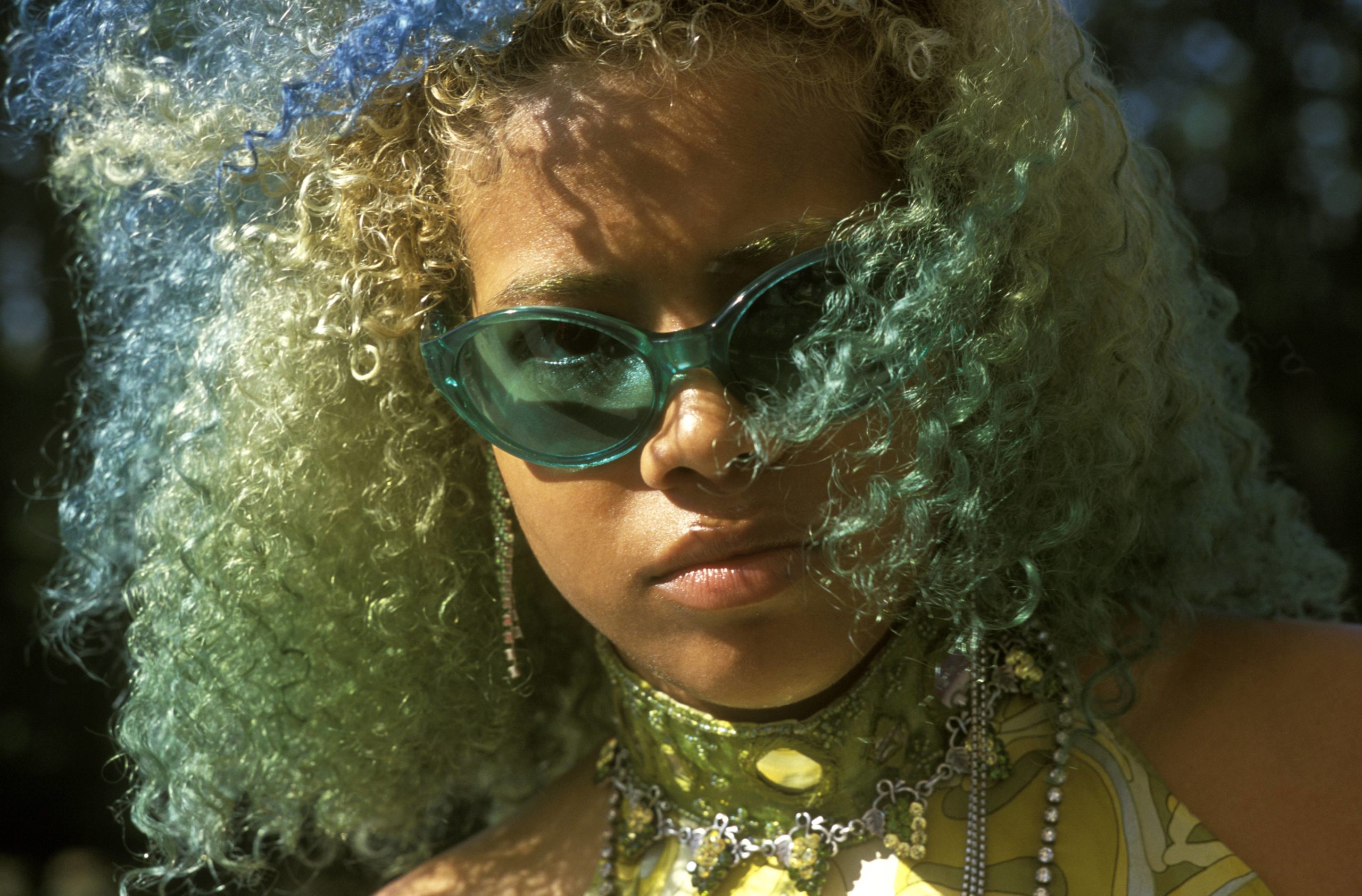
“I HATE YOU SO MUCH RIGHT NOW! AHHHHHH!” was the world’s introduction to Kelis. She had appeared on Ol’ Dirty Bastard’s “Got Your Money” a year prior in 1998, but it was her debut single “Caught Out There” that solidified her as pop’s brazen newcomer.
But little did we know that her rage-filled screams were reflective of her reality.
In a profile with The Guardian, the R&B singer revealed that her publishing had been allegedly stolen as a part of a shoddy, and sadly standard, deal. As a result, she did not receive any royalties for her debut or sophomore albums.
“I was told we were going to split the whole thing 33/33/33, which we didn’t do,” she explained, blaming production duo The Neptunes, their management, and their lawyers.
These kinds of stories are not uncommon. Young Black women in music are regularly subjected this kind of violence that sometimes leaves them unable to reap the monetary benefits of their labor. R&B group TLC infamously signed a recording contract that left them flat broke, as did Toni Braxton, who later had to file bankruptcy.
Kelis claims that The Neptunes, or Pharrell Williams and Chad Hugo, blamed her for signing a crappy contract.
“Their argument is: ‘Well, you signed it,'” Kelis recalled. “I’m like: ‘Yeah, I signed what I was told, and I was too young and too stupid to double-check it.'”
But thankfully, Kelis’ strong faith kept her afloat and empowered her to move on in her music career. She would eventually go onto create four more albums, her latest, Food, was released in 2014.
A part of music’s appeal is the safety and solace that it can provide, but the music industry isn’t necessarily a safe space. The story of Kelis is a reminder that artists, especially young, talented Black women, must protect themselves at all costs.
Keep your eyes on your paper. Period.